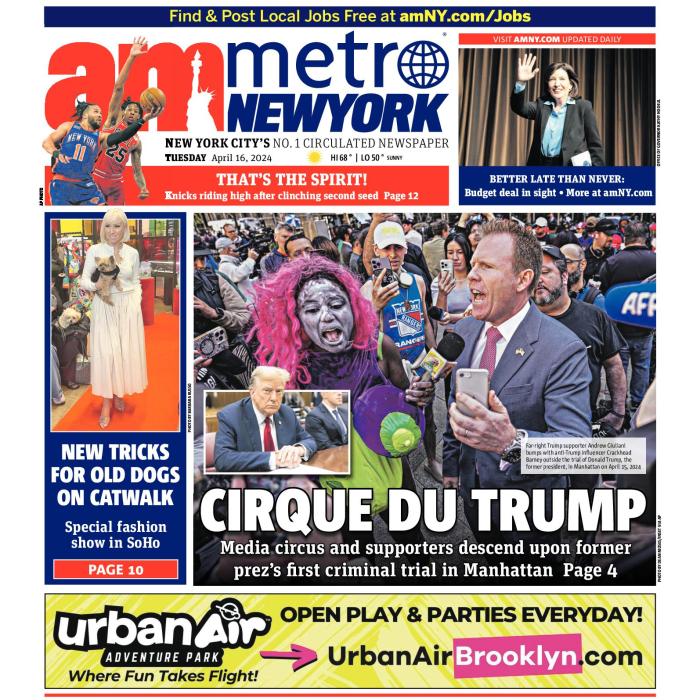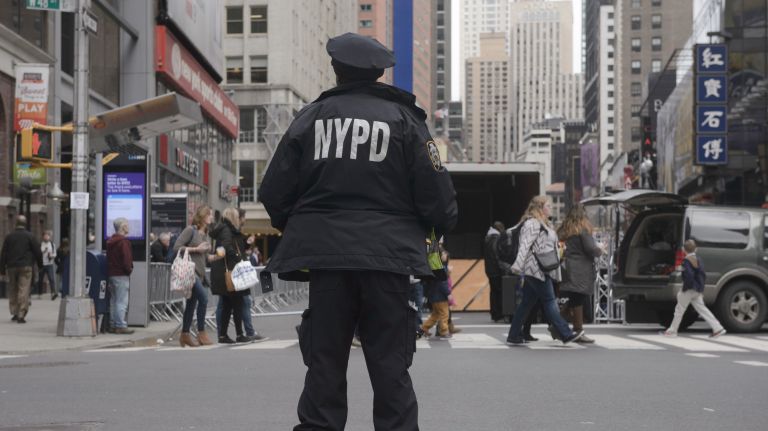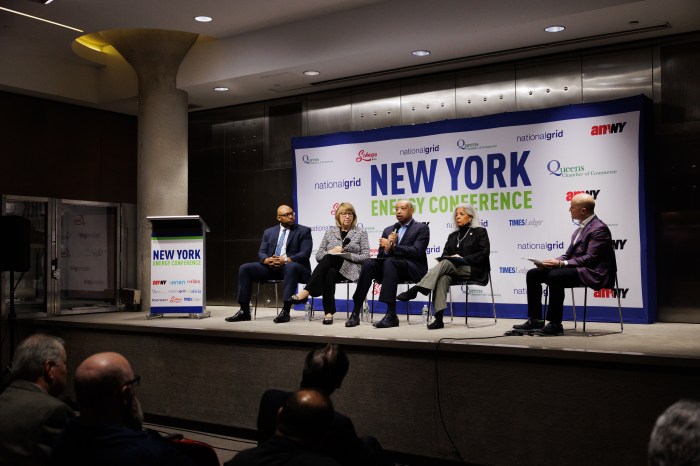
At any given time, the NYPD is aware of three or four cases of people talking about committing terrorist acts in NYC.
In 2015, the chatter included placing pressure cookers at July 4 celebrations, beheading a woman on the East Side, and blowing up a police funeral, all in the name of terrorism.
The stark descriptions were provided by John Miller, the NYPD’s deputy commissioner of counterterrorism, who appeared Friday on MSNBC’s “Morning Joe” to oppose a City Council bill on police surveillance.
His remarks followed testimony by NYPD brass before the council. Officials argued against a bill they said would force police to disclose surveillance technologies under the banner of transparency and oversight.
Miller said the bill was crafted by the American and New York Civil Liberties unions and the Brennan Center for Justice at New York University, a left-of-center law-and-policy institute. “I have a dual responsibility, to protect lives and civil liberties,” Miller said on “Morning Joe.” “They [the center and ACLU] are not responsible for outcomes. When something blows up and when people get killed, no one calls the Brennan Center or ACLU. We have to march down the middle of that line.”
The bill comes after the NYPD’s lack of transparency and oversight under ex-Mayor Michael Bloomberg and then-NYPD Commissioner Ray Kelly — in particular, the NYPD’s spying on Muslim communities in NYC and other localities.
The Brennan Center said Faiza Patel, co-director of the center’s liberty and national security program, helped write the bill. She did not return an email.
In an email, Chris Dunn, the NYCLU’s associate legal director, said, “The NYPD has accumulated a lot of ill will and skepticism over its secrecy and surveillance, and that unfortunate situation is made only worse by alarmist invocations of terrorism in response to commonsense transparency proposals.”
Under Kelly, who sought to boost the profile of the NYPD Intelligence Division, virtually every terrorism arrest, no matter how minor, was heralded at a news conference before the national media.
Does this mean the best way for the NYPD to gain support is to ramp up its public relations operations, in the manner of Kelly?


















